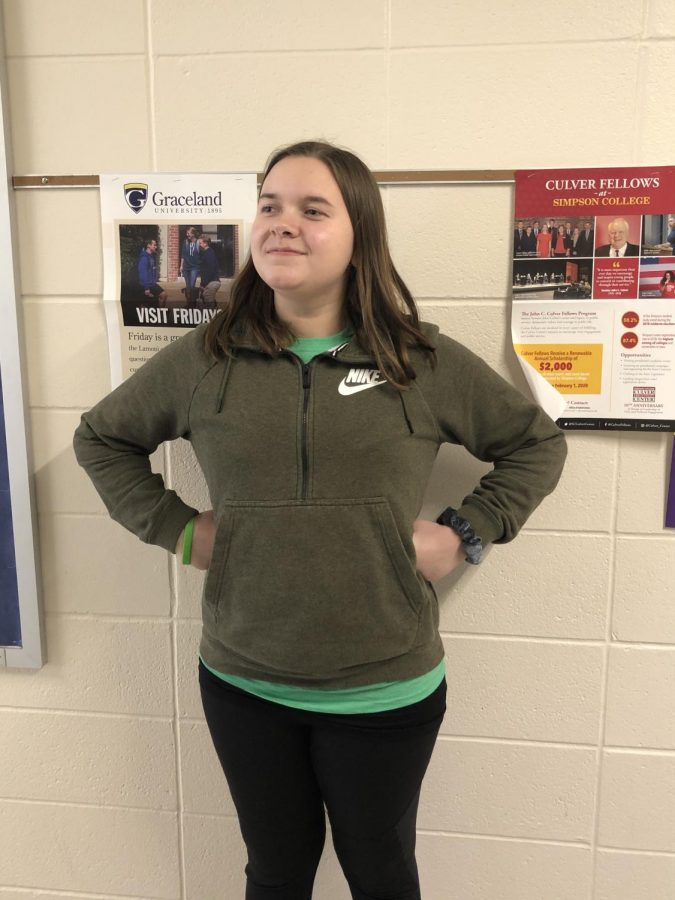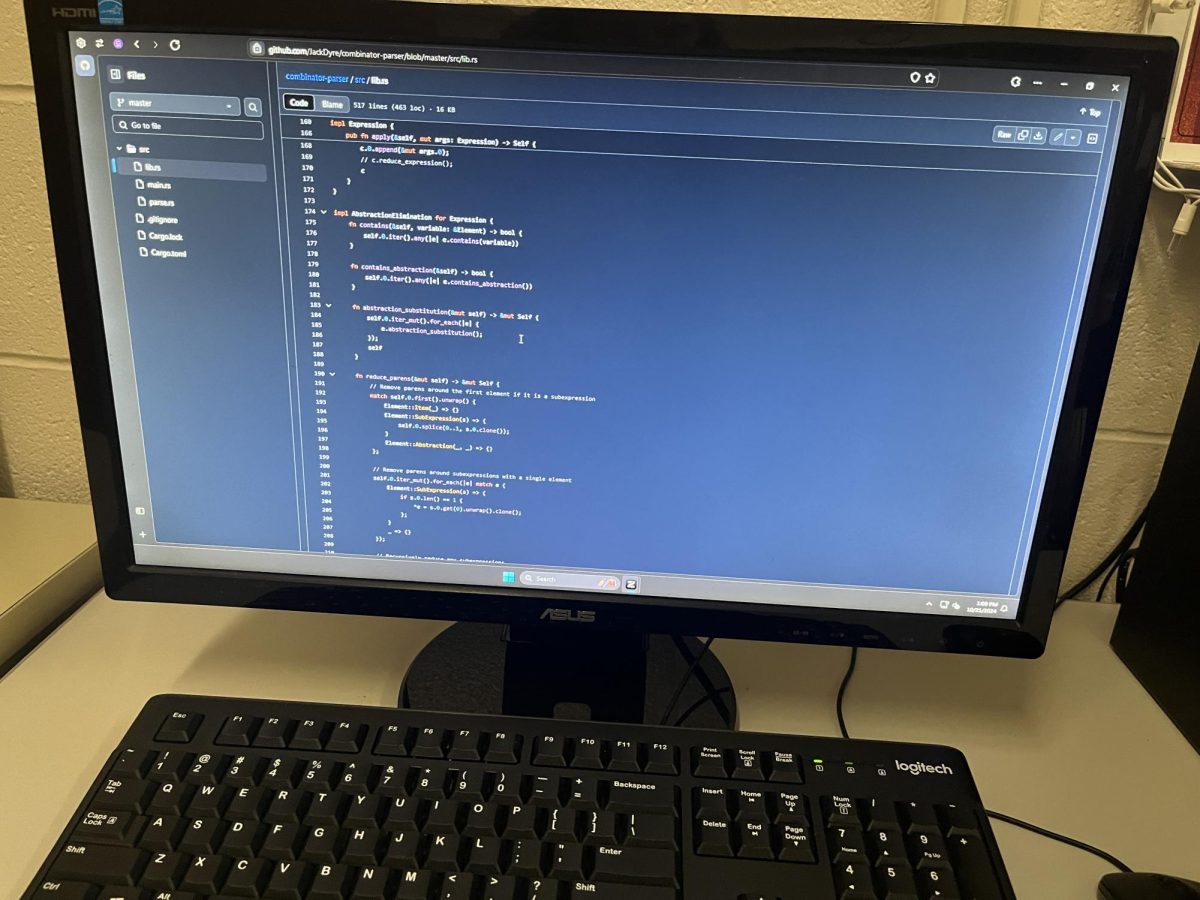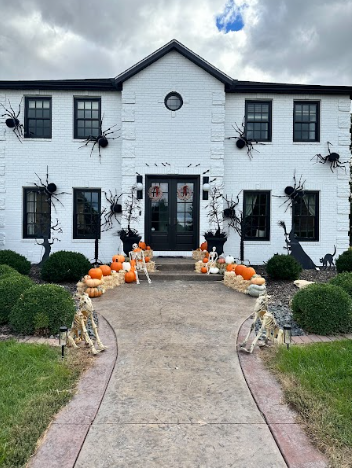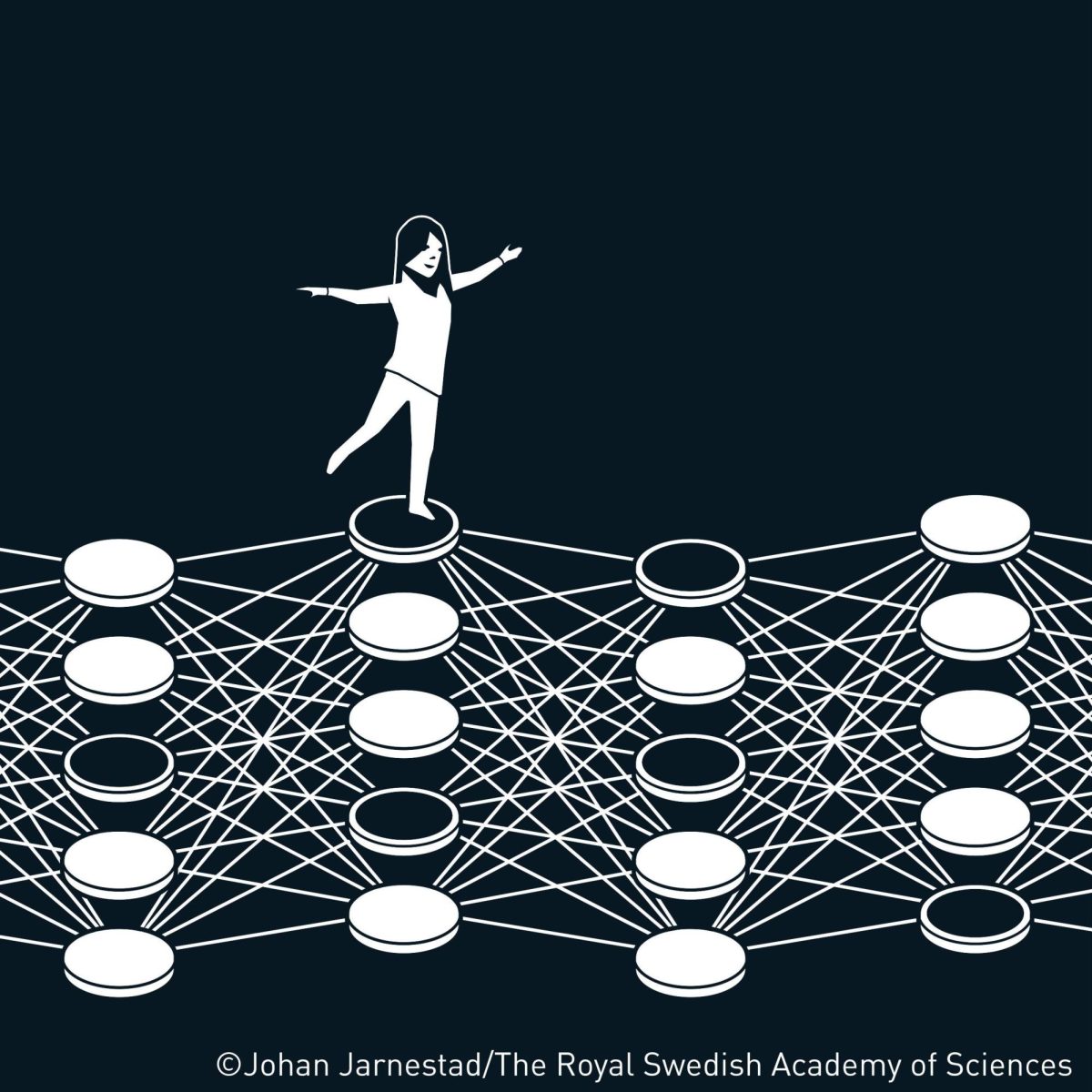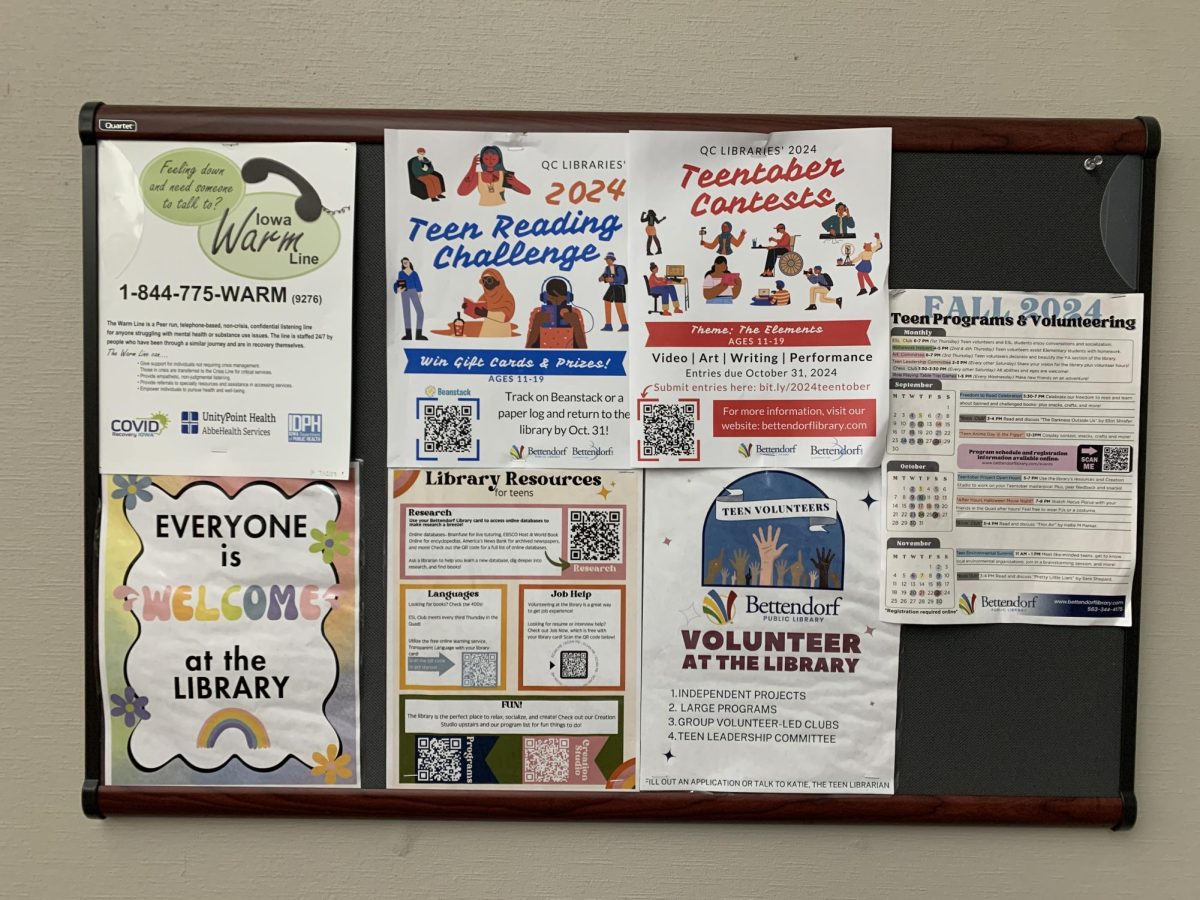On Nov. 29th, 2019 a formerly incarcerated knife-wielding assailant killed two and injured three others at London Bridge. The assailant, Usman Khan, was initially restrained not by first responders but by ordinary passersby who bravely took him down with a fire extinguisher and a narwhal horn of all things.
Many individuals will thankfully never have to risk life and limb facing an armed assailant, let alone be put in the position to take one down with something as obscure as a narwhal horn. But in a world of increasingly tense social, political and economic climates, little acts of everyday heroism can play just as important of a role as those capturing headlines.
Though society often defines a traditional heroic act as a courageous or exceptional deed performed under duress, Merriam Webster Dictionary defines heroism as, “heroic conduct especially as exhibited in fulfilling a high purpose or attaining a noble end.”
Put simply, a heroic act isn’t necessarily made heroic by the act itself but rather the purpose behind the act in question.
Heroism doesn’t have to be some grand or otherworldly courageous act, said senior Prakruti Pancholi. “I think heroism is inherently kindness. You can’t do something kind without being a little heroic,” she said. “They kind of go together so all gestures of kindness big and small are gestures of heroism and vice versa.”
An act as simple as checking in with students who may feel out of place or interacting with students who are more isolated from their peers, not only improves the emotional well-being of these students but plays a key role in school and community safety.
Deputy Jamey Fah said bad things tend to occur in communities when people feel they aren’t connected to the community and feel they have nowhere to turn. “Making sure we’re checking in on everyone is a really important matter of school safety we all could work on. It creates new connections and allows for a much safer and more welcoming school environment,” he said.
But opportunities for everyday heroism don’t stop at simply being kind. Students can help set expectations for what it means to be a good citizen and in turn shape their community for the better.
“When students see others doing things they shouldn’t, whether it’s leaving trash on the table, bullying or anything, students can call each other on it and help set a standard of excellence for all of their peers to aspire to,” said Fah.
If every student strived to be the kind of hero who regularly works to ensure the happiness of their peers, rather than the kind who earns the recognition of the masses for a single heroic deed, perhaps the tensions overtaking communities could begin to ease.



